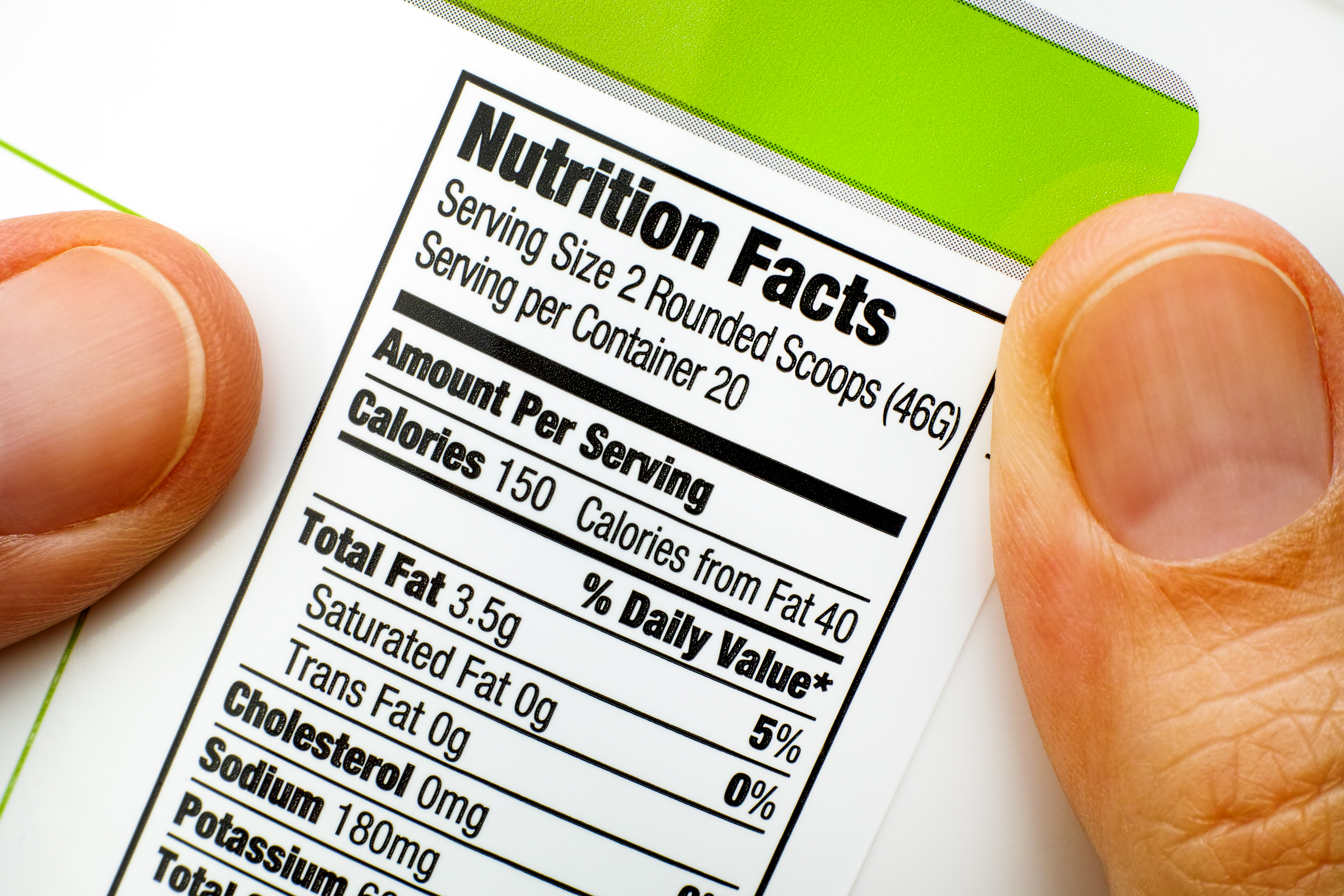Part of the Food Policy Snapshot Series
Policy Name:
Calorie Reduction Program, United Kingdom
Location:
United Kingdom
Population: 66,423,777 (Worldometers, 2018)
Overview:
Public Health England’s Calorie Reduction Program seeks to achieve a 20% reduction in calories in products that significantly contribute to high calorie consumption by children and in other products deemed suitable for reformulation or reduction by 2024.
Progress to date:
N/A
Program/Policy Initiated:
The plan was published in March 2018 with the aim of reaching its goal by 2024.
Food policy category:
Diet and nutrition
Program goals:
The program’s overall goal is a 20% reduction in calories in products that contribute to childhood obesity by 2024. This is expected to reduce childhood overweight and obesity, leading to lower mortality rates and lower spending by the NHS on obesity-related illnesses.
How it works:
The Calorie Reduction Program builds off of the success of similar programs in the UK designed to reduce salt and sugar intake. Public Health England (PHE) is collaborating with 21 leading businesses in the food industry and a non-governmental organization that represents around 40 public health groups to create guidelines for enacting the program. Through analyzing data from the National Diet and Nutrition Survey, PHE will determine which food categories are the best candidates for calorie reduction. This is largely dependent on sales weighted averages, meaning that it will focus on reformulating top selling products specifically.
Using August 2017 as its baseline, PHE will begin developing product category guidelines in April 2018 with the goal of publishing the guidelines in mid-2019. PHE will establish baseline calorie levels in each food category and regularly report progress across the different sectors, food categories, and for the top contributing businesses and products.
Since comparing different types of foods can be challenging, it is expected that the guidelines will be set per 100g of each product. They will also likely include instructions on portion sizes. PHE recognizes the importance of not going beyond the “tipping point,” where people consume two products instead of one or substitute the “missing” calories with other foods, resulting in an unintended increase in overall calorie consumption.
Why it is important:
According to the UK’s National Child Measurement Programme, in 2016/17, 22.6% of children 4-5 years old and 34.2% of children 10-11 years old were overweight or obese. Moreover, children in the poorest areas have double the rates of obesity of those in the most wealthy areas. Childhood obesity increases the chance of being obese as an adult with around two-thirds of men and women in the UK now overweight or obese.
The PHE report entitled Calorie reduction: The scope and ambition for action estimates that a 20% reduction in calories from everyday foods, if achieved over 5 years, would prevent 35,370 premature deaths, save the NHS £4.5 billion in healthcare costs and save around £4.48 billion in social care costs over a 25 year period.
A study in the journal Nutrition & Food Science shows that British children’s diets are inadequate in several key nutrients while exceeding healthy levels of saturated fat and sugar. Reducing calories is an important step in the larger process of improving children’s diets.
Evaluation:
Public Health England is responsible for evaluating the program’s success and advising the government if further action is necessary.
Learn more:
Point of Contact:
Public Health England
Similar practices:
The Calorie Reduction Program is part of a set of plans designed to improve the health of the British people by reducing sugar and salt intake and addressing childhood obesity more broadly.
The United States has also sought to improve public health and increase the public’s awareness of the contents of their food through laws banning trans fats and requiring calorie listings in chain restaurants.
References:
https://www.worldometers.info/world-population/uk-population
https://www.gov.uk/government/organisations/public-health-england
https://www.gov.uk/government/collections/national-diet-and-nutrition-survey
https://digital.nhs.uk/catalogue/PUB30113
https://www.emeraldinsight.com/doi/pdfplus/10.1108/00346651111102865
https://www.gov.uk/government/collections/sugar-reduction
https://www.gpo.gov/fdsys/pkg/BILLS-111hr3590enr/pdf/BILLS-111hr3590enr.pdf


